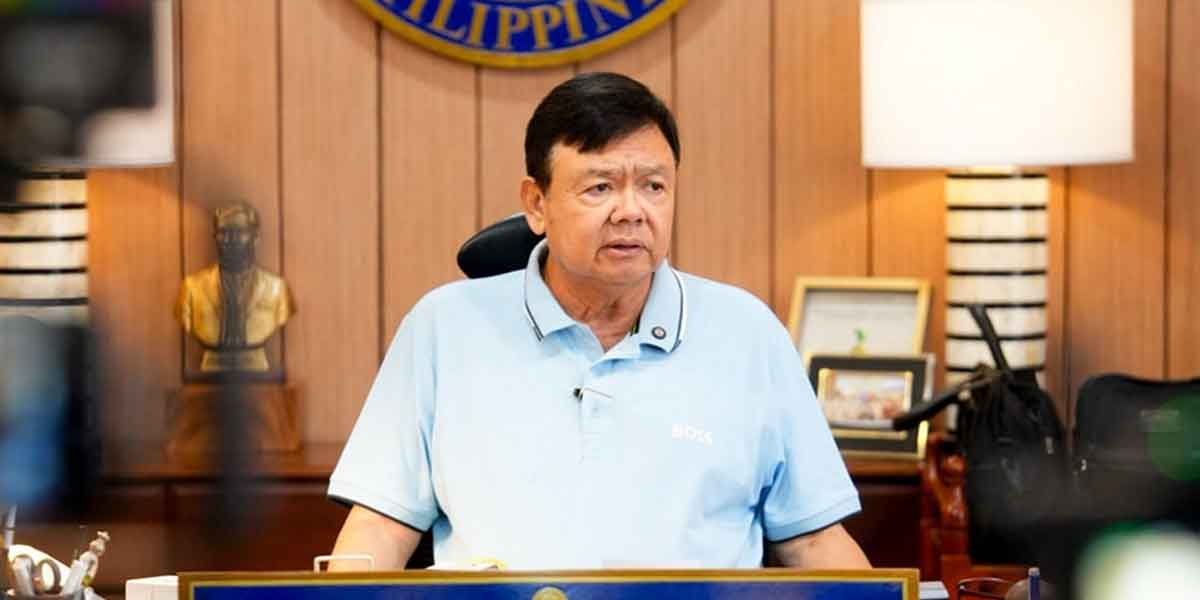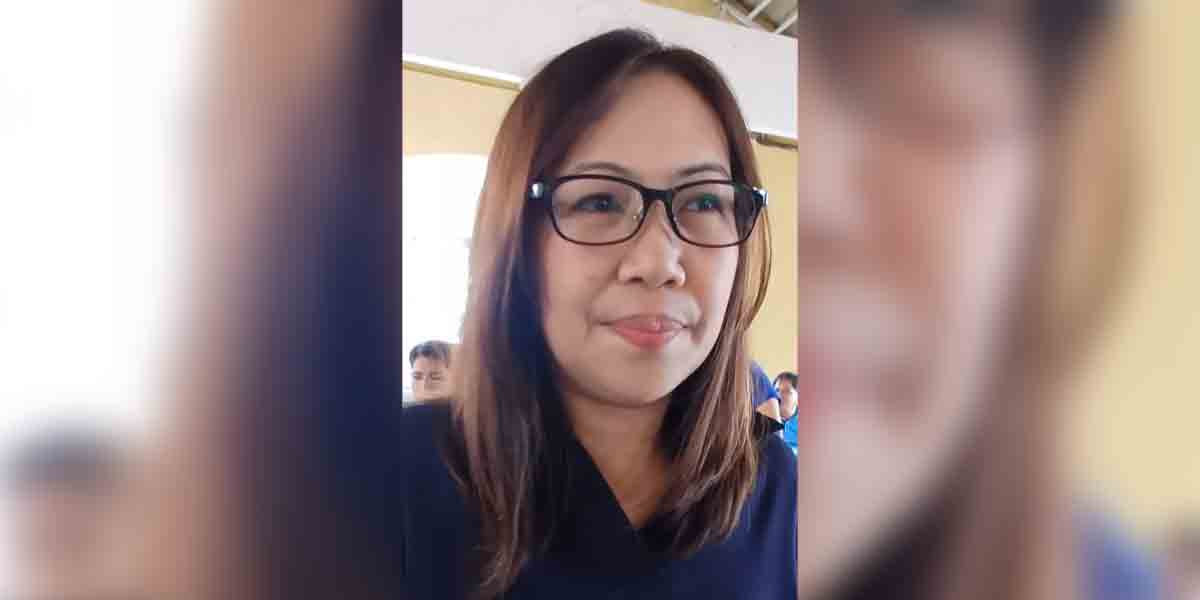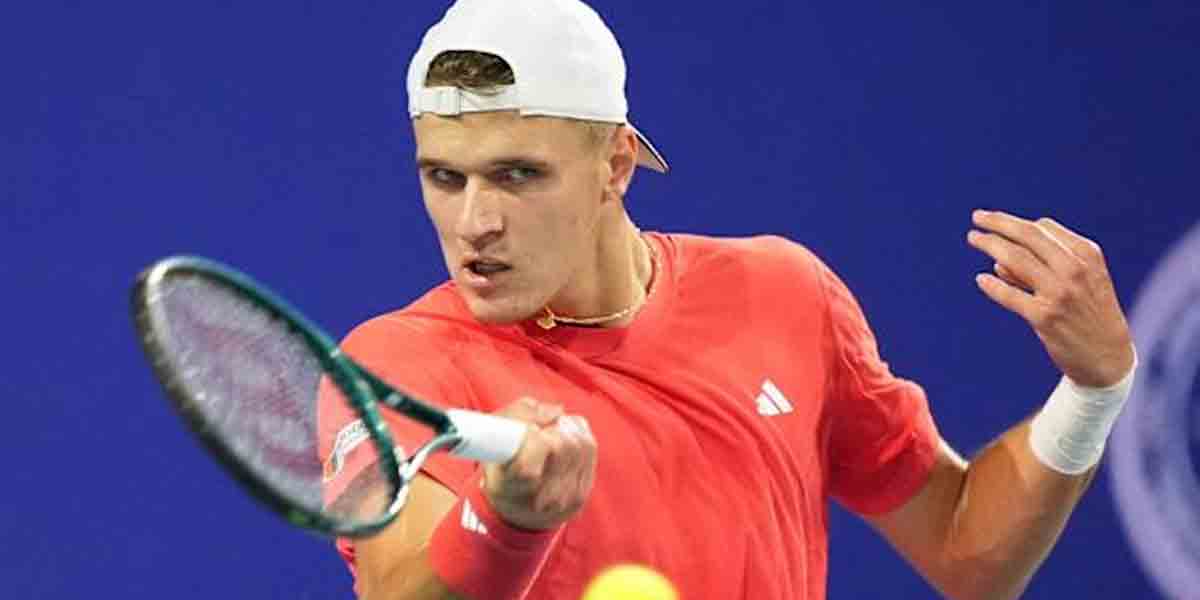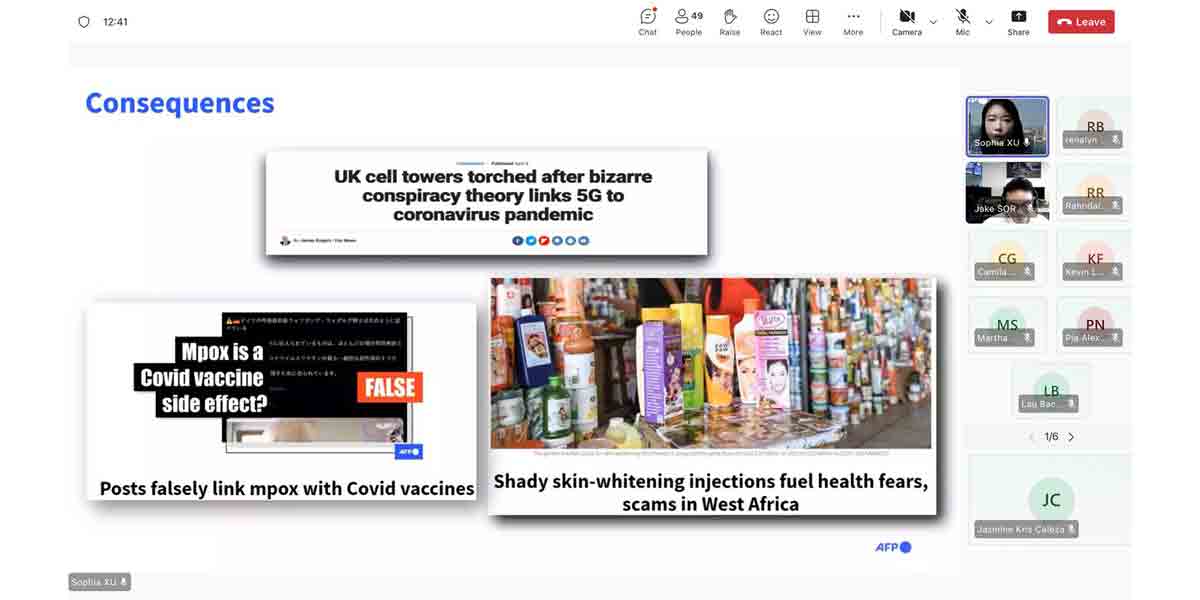 By Joshua Corcuera
By Joshua Corcuera
There is no doubt that a safe and effective vaccine for COVID-19 is needed besides an efficacious treatment. Through the availability of a vaccine, flattening the curve becomes a real possibility to all of human civilization and the pandemic would finally come to an end. However, merely hoping and praying for its arrival as a strategy to combat the pandemic is in itself not a good idea. After all, there are already countries where life is slowly and cautiously returning to normal thanks to an effective implementation of preventive measures.
Moreover, it is important for government officials to ask themselves that, if a vaccine were to be made available within this year, would it be readily available to the masses especially to the least, the lost, and the last — or what we call in Filipino as nasa laylayan? Such concern must be properly addressed and seriously discussed as early as now given the fact that testing for COVID-19 during the early months of the pandemic appears to be a privilege for the affluent people.
For other countries: no vaccine, no problem
There are several nations around the world which managed to flatten the curve without the need of a vaccine or a medicine against COVID-19. According to endcoronavirus.org — a group formed by medical experts from various prominent universities, such as Harvard and UCLA — there are 37 out of 135 countries beating the coronavirus as of August 11, 2020. These ‘winning’ nations include wealthy ones such as Finland and Iceland as well as poorer ones like Cambodia and Thailand despite the lack of a vaccine.
The same group listed particular measures on how to win which included: not opening too early, conducting mass testing, and intensifying contact tracing. It is necessary for leaders to listen to such recommendations, to admit shortcomings, and more importantly, learn from such mistakes and correct them immediately. They can certainly do better than waiting for a ‘eureka’ moment.
Do not emulate Juan Tamad
Going back to the narrative of Juan Tamad mentioned earlier, the common lesson we learned from such a story is do not be like him. It is essential for public servants who lead and guide us through these dark times to be diligent in solving the problems we face and not to just hope for a miracle. Instead of waiting for the vaccine to come, it is also noteworthy to increase the allocated budget for science, technology, research and development in advancing medical breakthrough — during and after the pandemic. By doing so, the Philippines can make a vital contribution to the global fight against the coronavirus, as well as other issues that can be dealt with by science.
Ultimately, we won’t be like Juan Tamad who merely waited for the guava to fall, but instead climbed onto the tree to get things done.
The author is an incoming second year accountancy student and student journalist at Adamson University who aspires to be a CPA lawyer to help defend the oppressed
















